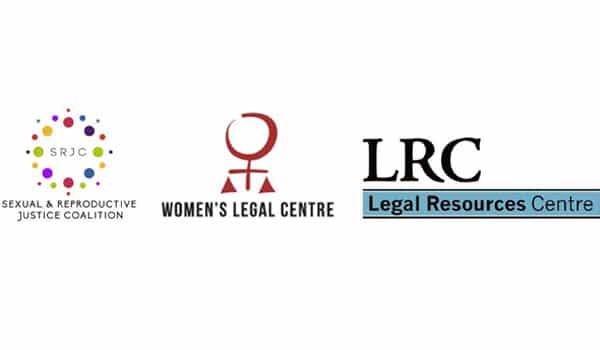
On 14 and 15November 2019 the Gauteng High Court in Pretoria heard the plea of a groupcalled Voice of the Unborn Baby, joined by the KwaZulu Natal CatholicArchdiocese. They challenged the provisions ofthe Births and Deaths Registration Act by asking the Court to declarethat where a fetus has died at a gestational age younger than 26 weeks, theparents of the fetus should be given an option to bury it, which currently onlyexists beyond 26 weeks. They argued that hospitalscould preserve fetuses in specimen bottles in their morgues until the funeralundertakers fetch them.
TheGovernment asked the Court to reject the change of law because a fetus lessthan 26 weeks has no legal rights, as it is not yet a human being and is notcapable of surviving on its own.South African law recognises 26 weeks as a cut-off point in this. Thus, they said, there is no legal or scientificjustification as to why the law should recognise the burial of a fetus of lessthan 26 weeks upon termination ofpregnancy or miscarriage. They argued that the Court cannot change the lawsimply on the perceived emotional state of “bereaved parents” in the event ofpregnancy loss.
“What a thing! Itwas painful listening to white men talk about the dignity of semen and notmention women’s rights once,” said Marion Stevens of the Sexual & Reproductive Justice Coalition.
Advocate Nikki Steinspoke on behalf of the Sexual & Reproductive Justice Coalition, Women’sLegal Centre and Legal Resources Centre. She spoke of the many argumentspresented about the trauma of the loss of a pregnancy and the manner in which,according to the applicants, the right to bury a fetus before the age ofviability would ease that trauma. She questioned the claim by the applicantsthat many parents who experience loss of pregnancy want to be able to elect tobury the fetus, as there was no empirical evidence in support of this. Absentfrom the debate , she said, was the importance of the distinction between amiscarriage and an abortion, which involves certain fundamental rights of women– specifically the impact such a burial right would have on the confidentialityprovisions of the Choice on Termination of Pregnancy Act. The only way tomaintain the woman’s right to confidentiality in regard to an abortion would beto take away the right of the biological father to elect to bury a fetus. Inaddition, given the limited availability of abortion services in the country, thereis already a strain on the resources of facilities offering these services andcreating a burial right, as argued for by the applicants, would only add tothis strain. However, if the Court was minded to allow the burial right, itshould only do so to enable and empower women to ask for the burial of afetus rather than having it offered to or imposed upon them, and that any costsincurred by service providers be covered by the state, not the woman.
Judgment was reserved until some time in 2020.
SOURCES: IOL,co.za, by Zelda Venter, 15 November 2019 ;Notes for Oral Argument, by Nikki Stein, Chambers Sandton, 14-15 November 2019(unpublished)



